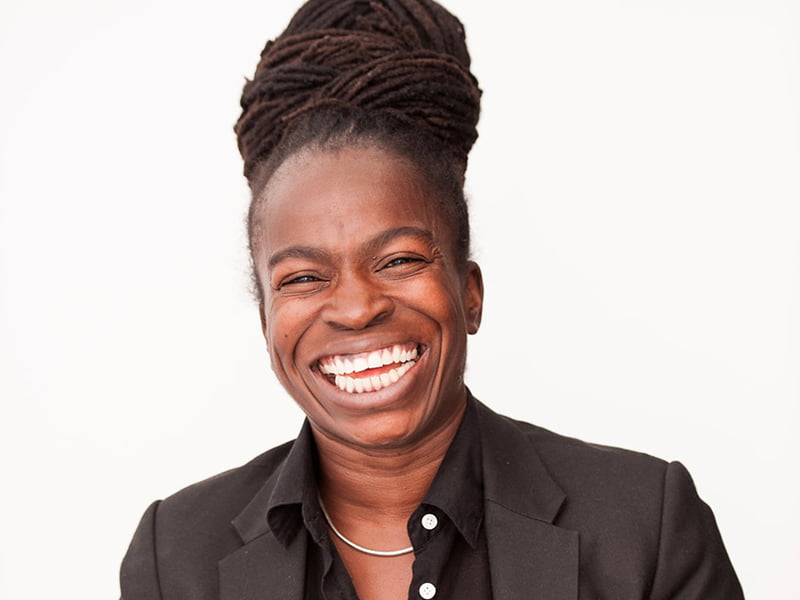Better and more comprehensive data is the key to improving cultural diversity in the Australian technology sector, according to TechDiversity.
The director of the Melbourne-based non-profit industry body Luli Adeyemo told InnovationAus that the lack of data was hampering efforts at making headway in diversity because without data you cannot effectively argue the business case for inclusion.
“There’s a lot of anecdotal research around [the idea that] more diverse teams are more successful and more productive,” Ms Adeyemo said. “But until we can actually measure the current state, and then the business impact of change by becoming more diverse, then it’s not going to become a business priority.”

A 2020 report by McKinsey showed that the business case supporting diversity and inclusion was strengthening over time. But it also suggested that improvements in this area were mostly weak or slipping backwards over the last few years.
The COVID-19 pandemic has potentially worsened the situation with diverse employees more likely to have been downsized since the beginning of 2020.
The problem in the Australian market is a lack of comprehensive data to even begin to benchmark gains and losses. Typically, in this country, we collect diversity data in a very siloed way: data on women, for example, but not in conjunction with data on ethnicity or disability or socio-economic background.
TechDiversity will host its annual TechDiversity Awards program at a gala dinner in Melbourne on February 24 to celebrate diversity and inclusion in the workplace. You can reserve your tickets to the event here.
TechDiversity has teamed up with inclusivity consultants Cultural Infusion over the last few years in the development of a tool called Diversity Atlas for measuring an organisation’s diversity across a broad range of metrics.
“We’re talking about gender, we’re talking about age, talking about religion, we’re talking about belief system, sexual orientation, languages, disability, neurodiversity, the list goes on,” Ms Adeyemo said.
Ms Adeyemo said that TechDiversity had solicited the NSW government – through the office of the Minister for Digital Victor Dominello – to implement Diversity Atlas analysis across all strategic partners that provide technology services to the state government.
She said they have already had “a lot of buy-in” from government actors.
By comparing the current diversity data within the NSW government tech workforce with comparable demographic census data, the government will be able to quickly see gaps in their employment diversity.
“And once you’ve got that sort of visibility, then you can start work with programs,” said Ms Adeyemo.
“You can identify skills that exist in the community that can be transferred into the into the tech sector. But until we know what the current state is, we can’t put any real goals or metrics about what we want to be.”
TechDiversity is a member of the InnovationAus.com Editorial Leadership Council.
Do you know more? Contact James Riley via Email.
